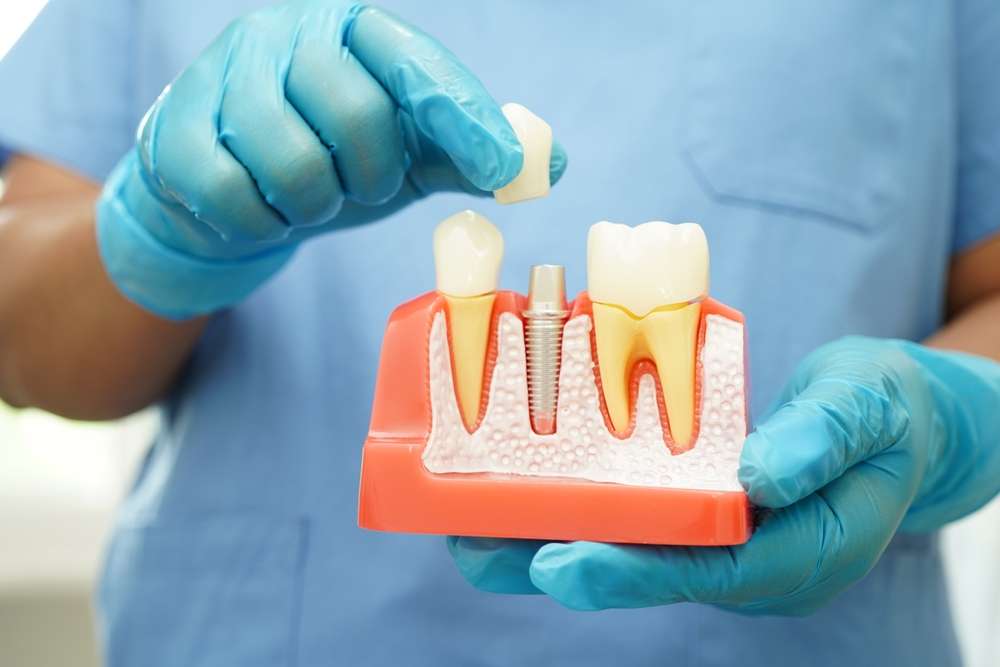Understanding Dental Grant Options for Older Adults
Some programs help reduce out-of-pocket costs for cosmetic dental work such as dentures veneers or implants. This overview explains what to look for including eligibility basics common application steps and questions to ask before starting the process.

What are dental grants for seniors?
Dental grants for seniors are financial assistance programs designed to help older adults afford necessary dental care. These grants can cover a wide range of treatments, from basic preventive care to more complex procedures like dental implants. Unlike loans, grants do not need to be repaid, making them an attractive option for seniors on fixed incomes. Various organizations, including government agencies, non-profit foundations, and dental schools, offer these grants to improve oral health outcomes among older populations.
Who is eligible for dental grant programs?
Eligibility for dental grants typically depends on several factors, including age, income level, and specific dental needs. Most programs target individuals aged 65 and older, although some may have lower age requirements. Income thresholds are common, with priority often given to low-income seniors or those facing financial hardship. Additionally, some grants focus on specific dental issues or treatments, such as those required after oral cancer or procedures aimed at improving overall health outcomes.
What cosmetic dental treatments can grants cover?
While many dental grants prioritize essential treatments, some programs do extend coverage to cosmetic procedures that can significantly improve a senior’s quality of life. These may include:
-
Dental implants
-
Dentures
-
Veneers
-
Teeth whitening
-
Orthodontic treatments
It’s important to note that coverage for cosmetic treatments varies widely between programs. Some grants may fully fund these procedures, while others might offer partial coverage or prioritize them lower than medically necessary treatments.
How do dental funding programs typically work?
Dental funding programs generally follow a structured process to distribute grants:
-
Application submission: Seniors apply by providing personal information, dental history, and financial details.
-
Eligibility verification: Program administrators review applications to ensure applicants meet specific criteria.
-
Needs assessment: Some programs require a dental examination to determine treatment priorities.
-
Grant approval: Eligible applicants are notified of their acceptance and the amount of funding awarded.
-
Treatment coordination: The program may work directly with dental providers or reimburse seniors for approved treatments.
Understanding this process can help seniors navigate the system more effectively and increase their chances of securing financial assistance for dental care.
What are some tips for navigating dental grant applications?
Applying for dental grants can be a complex process, but these tips can help streamline the experience:
-
Research thoroughly: Explore multiple grant options to find the best fit for your needs.
-
Gather documentation: Prepare financial records, dental history, and any required supporting documents in advance.
-
Follow instructions carefully: Pay close attention to application guidelines and deadlines.
-
Provide detailed information: Clearly explain your dental needs and how the grant would impact your life.
-
Seek assistance: Don’t hesitate to ask for help from family members, social workers, or program administrators if you need clarification.
-
Be patient: Grant processing can take time, so plan accordingly and follow up as needed.
By approaching the application process methodically, seniors can improve their chances of securing dental funding assistance.
What questions should you ask about dental support programs?
Before committing to a dental grant program, it’s essential to gather all relevant information. Consider asking the following questions:
-
What specific treatments does the grant cover?
-
Are there any out-of-pocket costs or co-pays required?
-
Can I choose my own dentist, or must I use specific providers?
-
What is the timeline for grant approval and treatment?
-
Are there any restrictions on the use of funds?
-
Is there a limit to the total amount of funding available?
-
How often can I apply for grants through this program?
-
What happens if the treatment costs exceed the grant amount?
-
Are there any follow-up requirements after receiving treatment?
By asking these questions, seniors can make informed decisions about dental grant programs and ensure they fully understand the support available to them.
| Grant Program | Coverage | Eligibility Criteria | Application Process |
|---|---|---|---|
| Dental Lifeline Network | Comprehensive dental care, including implants | 65+, low income, disabled, or medically fragile | Online application, dental screening required |
| American Academy of Cosmetic Dentistry Charitable Foundation | Cosmetic dental treatments for survivors of domestic violence | Any age, must be referred by counselor or social worker | Referral-based application |
| National Association of Free & Charitable Clinics | Basic dental care, some cosmetic procedures | Varies by clinic, typically low-income individuals | Contact local clinic for application details |
| State-specific Medicaid dental programs | Varies by state, may include some cosmetic treatments | 65+ or disabled, low income | Apply through state Medicaid office |
Prices, rates, or cost estimates mentioned in this article are based on the latest available information but may change over time. Independent research is advised before making financial decisions.
In conclusion, dental grants offer a valuable resource for older adults seeking to maintain their oral health and improve their quality of life through dental treatments, including cosmetic procedures. By understanding the options available, eligibility requirements, and application processes, seniors can take advantage of these programs to access necessary dental care without facing overwhelming financial burdens.




